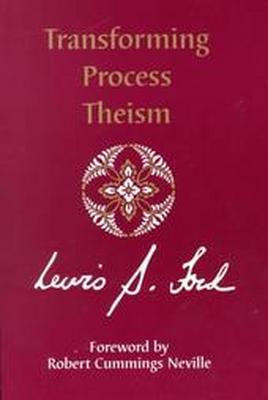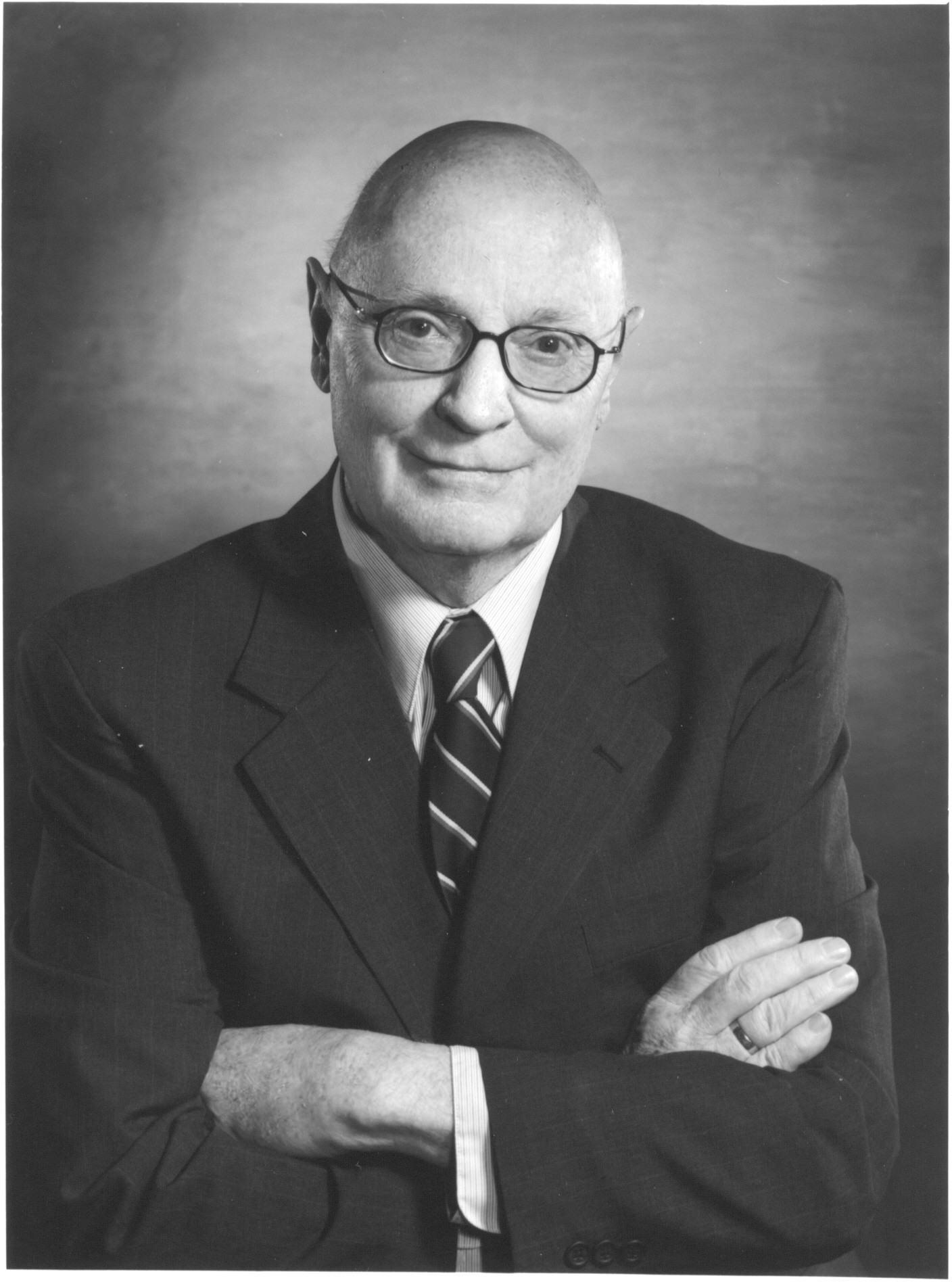
AnthonyFlood.com
Panentheism. Revisionism. Anarchocapitalism.


Nicholas Rescher
From Philosophy and Phenomenological Research, Vol. 35, No. 1. (Sept. 1974), 118-120. A review of Nicholas Rescher, The Coherence Theory of Truth, Clarendon Library of Logic and Philosophy, Clarendon Press, 1973. 374 pp.
A Review of Nicholas Rescher, The Coherence Theory of Truth
Lewis S. Ford
The coherence theory of truth, once the staple of absolute idealism, has fallen on evil days since the rise of logical positivism and linguistic analysis. Rescher thinks this neglect is undeserved, and persuasively argues for its reestablishment in a suitably chastened version, applying in the process the techniques of contemporary formal logic for an assessment and understanding of its claims.
He accepts the correspondence of knowledge to fact as providing the best definition of truth, but finds it can provide no workable criterion for determining which of our beliefs are true. In contrast, coherence cannot provide the meaning of truth (here Blanshard is criticized), but it can be the arbiter of factual claims. Coherence presupposes logical consistency, so logical truth is justified on other, principally pragmatic grounds. His coherentist approach is further qualified in that he defends only its epistemological virtues, rejecting its putative metaphysical implications.
Coherence requires consistency, comprehensive-ness, and cohesion. Comprehensiveness insures that the domain of data, or truth-candidates, is sufficiently large to provide for meaningful systematization, while consistency prevents it from being too large for logical comfort. Cohesion marks the degree of interdependence between propositions with respect to their truth-status. One proposition coheres maximally with another if its denial is incompatible with it. Rescher does not in general insist on such tight cohesion, questioning the claim that it should involve logical deductibility or that there is no truth short of the whole truth. He is more concerned with presenting coherence as a dynamic theory as to how we can sort out our beliefs to approximate the truth than to consider what the idealized final result might look like. This involves “degrees of truth” or, more precisely, degrees with respect to what we are justifiably warranted in claiming to be true. The logical gap between truth and our criterial warrants for truth is quite important, particularly in saving many promising epistemologic-al arguments from the threat of circularity.
Rescher champions coherence particularly to combat foundational views of truth, like Descartes’ cogito or Carnap’s protocol sentences, which insist that all knowledge must be built upon privileged, absolutely indubitable certainties. He adopts a fallibilist approach, arguing that we start with a superabundance of truth-claims which need to be reduced to order, not all of which are fully consistent. This requires a theory of inference from inconsistent premises which he develops, based upon the use of maximally consistent subsets. Criteria for “alethic” or truth-preferences among these subsets are elaborated: use of designated theses as pivot-points, majority rule, probabilistic preference, plausibility indexing, and pragmatic relevance. The ramifications of this general approach are explored with respect to the justification of induction, counter-factual conditionals, and informa-tion processing.
While coherence is the arbiter between particular truth-claims, it turns out that this criterion is itself to be justified on pragmatic grounds (chapter 10). This procedure avoids circularity, and affords us a way of assessing the qualified validity of the pragmatic approach to truth. On analogy with rule utilitarism contrasted with act utilitarism in ethics, Rescher espouses a criterial pragmatism but rejects a propositional pragmatism.
A secondary theme throughout the book is a reassessment of the characteristic epistemological theses of the British idealists, particularly F. H. Bradley and Bosanquet. He deftly shows how they can be rescued from much contemporary misunderstanding, while at the same time not hesitating to attack their more extreme claims.
This is a packed book, systematically organized. Each topic is considered in turn, with objections raised and overcome, often with considerable logical elaboration. Much of this can be passed over if desired without loss of the main thread of argument. This approach involves a bit of repetition, but the argument repays careful study. Because Rescher has carefully delineated his goals, he makes a very convincing case that we need to reexamine the coherence approach as a very promising way out of our present epistemological difficulties.
Posted March 25, 2007